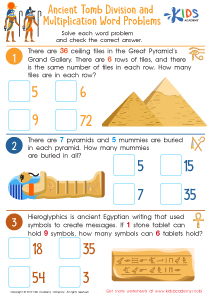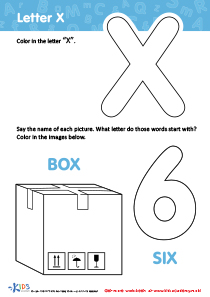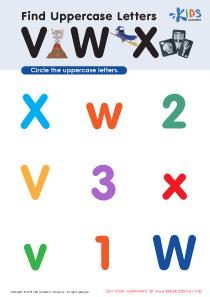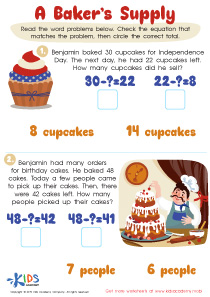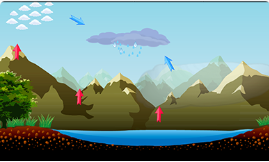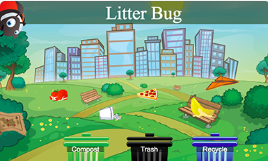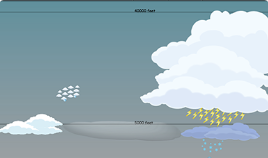Social Studies Lessons | Being a Citizen for Ages 4-5
5 results
Dive into our engaging "Being a Citizen for Ages 4-5" series, designed to introduce young learners to the basics of citizenship in an interactive and fun way. Through colorful worksheets, captivating educational videos, and playful assessment quizzes, children will explore what it means to be a good citizen in their community and the wider world. Each lesson is tailored to spark curiosity and encourage participation, making the learning process both enjoyable and impactful. Perfect for preschoolers, this series lays the foundation for understanding and practicing the values of respect, responsibility, and cooperation. Join us on this exciting educational journey and watch your child grow into a thoughtful and informed citizen!
In today's rapidly evolving world, the foundational aspects of good citizenship are more crucial than ever. From an early age, children must grasp the essence of what it means to be a responsible, contributing member of society. This is where our specialized curriculum, "Being a Citizen for Ages 4-5," steps in to bridge the gap, providing an engaging, interactive, and comprehensive educational experience for young learners.
Our lessons on "Being a Citizen for Ages 4-5" are intricately designed to cater to the curious minds of preschoolers, making use of a variety of teaching methods to ensure the material is both accessible and captivating. Through a blend of interactive worksheets, educational videos, and assessment quizzes, the curriculum not only educates but also entertains, ensuring that children remain engaged and absorb the valuable lessons being imparted.
At the core of the "Being a Citizen for Ages 4-5" curriculum is the aim to instill a sense of community and responsibility in young children. The interactive worksheets are creatively crafted to challenge the children's thinking while enabling them to understand complex concepts in a simplified manner. Whether it's recognizing the importance of helping others, understanding the value of honesty, or learning about the roles of various community helpers, these worksheets make learning about citizenship tangible and relatable for 4 to 5-year-olds.
Moreover, the educational videos serve as a dynamic component of our curriculum. They bring to life the concepts discussed in the worksheets, allowing children to visualize what being a good citizen entails. These videos often feature characters or scenarios that children can relate to, making the learning process even more effective. By presenting real-life situations and ethical dilemmas, these videos encourage children to think critically about what it means to be a good person and a good citizen.
Assessment quizzes are another vital part of the "Being a Citizen for Ages 4-5" curriculum. These quizzes are designed to be age-appropriate and are used not as a tool for grading but as a fun way for children to review what they've learned. Through these quizzes, educators and parents can gauge the child’s understanding and retention of the concepts taught, ensuring that the lessons on citizenship are being absorbed and appreciated.
Beyond the academic benefits, our curriculum on "Being a Citizen for Ages 4-5" offers profound developmental advantages. It fosters empathy, encourages a sense of belonging, and cultivates an understanding of rights and responsibilities from a tender age. These are critical components of personal development that contribute significantly to a child’s success in school and beyond.
In summary, the "Being a Citizen for Ages 4-5" curriculum is much more than just another educational program. It is a carefully crafted journey that introduces young learners to the foundational principles of citizenship, preparing them not just for their studies but for life. Through its interactive worksheets, educational videos, and assessment quizzes, it offers a unique and effective way of teaching important life skills and values, setting the stage for nurturing well-rounded, responsible, and compassionate future citizens.
